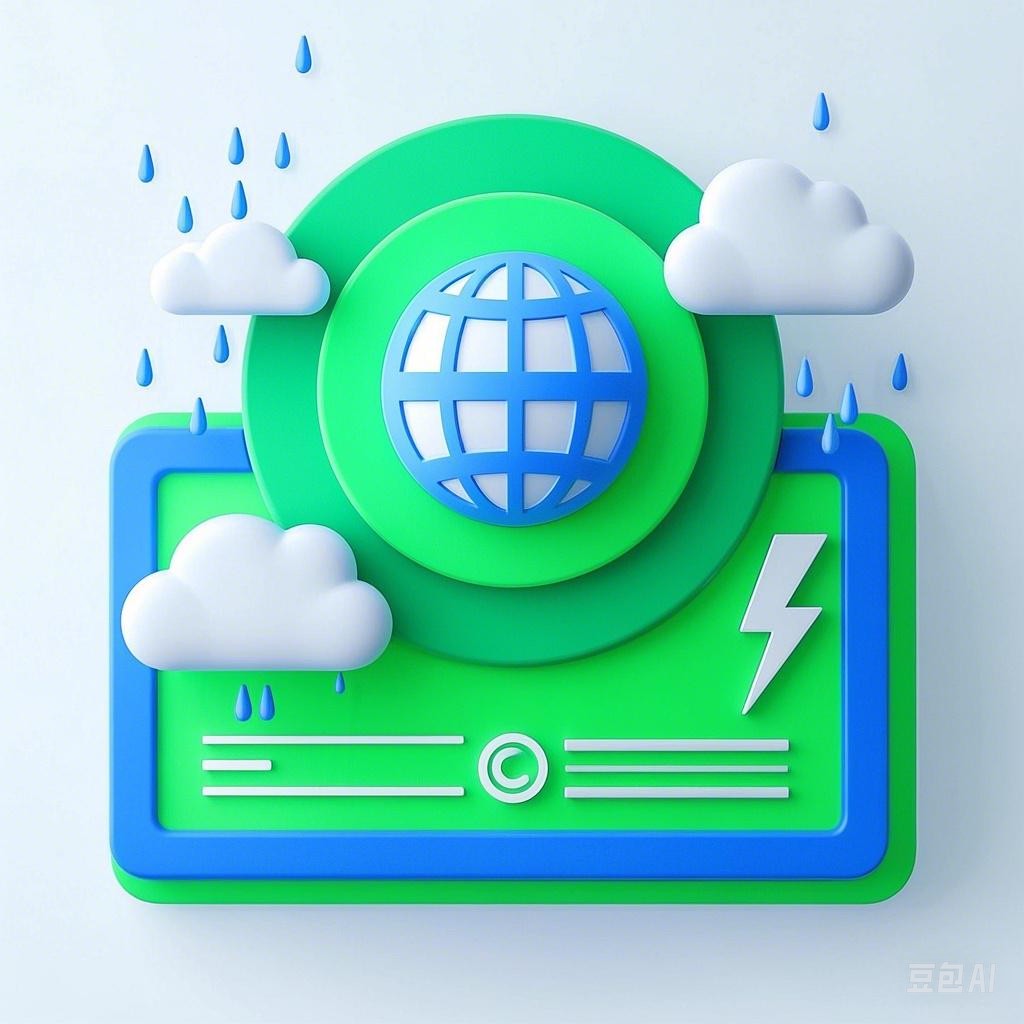Natural disasters have the power to reshape landscapes, disrupt lives, and evoke a spectrum of emotions. They serve as a stark reminder of the fragility of human existence and the interconnectedness of our global community. This article delves into the emotional resonance of natural disasters, exploring the ways in which they affect individuals, communities, and society at large.
Introduction
Natural disasters, such as earthquakes, hurricanes, floods, and wildfires, have the potential to cause widespread destruction and loss. While the physical damage is often the most visible, the emotional impact is equally profound. This section provides an overview of the emotional resonance of natural disasters and their significance in understanding humanity’s collective experience.
The Immediate Emotional Response
The immediate emotional response to a natural disaster is often one of shock and disbelief. As the event unfolds, individuals may experience fear, panic, and helplessness. This section explores the psychological effects of witnessing or experiencing a natural disaster firsthand, including:
- Fear and Panic: The suddenness and unpredictability of natural disasters can trigger intense fear and panic, as people struggle to comprehend the situation and find safety.
- Helplessness: The scale of destruction can be overwhelming, leading to a sense of helplessness and vulnerability.
- Loss and Grief: Natural disasters often result in the loss of life, property, and livelihoods, prompting deep grief and mourning.
The Long-Term Emotional Impact
The emotional impact of a natural disaster extends beyond the immediate aftermath. This section examines the long-term emotional consequences, including:
- Trauma and PTSD: Many individuals who survive natural disasters may experience post-traumatic stress disorder (PTSD), characterized by symptoms such as flashbacks, nightmares, and anxiety.
- Depression and Anxiety: The loss of loved ones, homes, and communities can lead to prolonged periods of depression and anxiety.
- Resilience and Growth: While the emotional impact of natural disasters can be devastating, they also serve as catalysts for resilience and personal growth.
Community and Social Resilience
Natural disasters have a profound impact on communities, both in terms of physical destruction and emotional turmoil. This section explores the role of community and social resilience in the aftermath of a disaster:
- Solidarity and Support: In the face of adversity, communities often come together to support one another, fostering a sense of unity and shared purpose.
- Rebuilding and Recovery: The process of rebuilding and recovering from a natural disaster can be a powerful source of resilience and renewal.
- Coping Mechanisms: Communities develop coping mechanisms to deal with the emotional and psychological impact of disasters, such as support groups, counseling services, and community events.
The Global Impact
Natural disasters transcend national boundaries, affecting people around the world. This section examines the global impact of natural disasters on humanity:
- Humanitarian Aid: The international community often responds to natural disasters by providing humanitarian aid, including food, shelter, and medical care.
- Awareness and Education: Natural disasters can serve as a wake-up call, prompting increased awareness and education about disaster preparedness and mitigation.
- Interconnectedness: The global nature of natural disasters underscores the interconnectedness of our world and the importance of collective action.
Conclusion
The emotional resonance of natural disasters is a testament to the strength and resilience of the human spirit. While the impact of these events can be devastating, they also serve as a reminder of our shared humanity and the importance of supporting one another in times of need. By understanding the emotional consequences of natural disasters, we can work towards building more resilient communities and fostering a greater sense of global solidarity.
